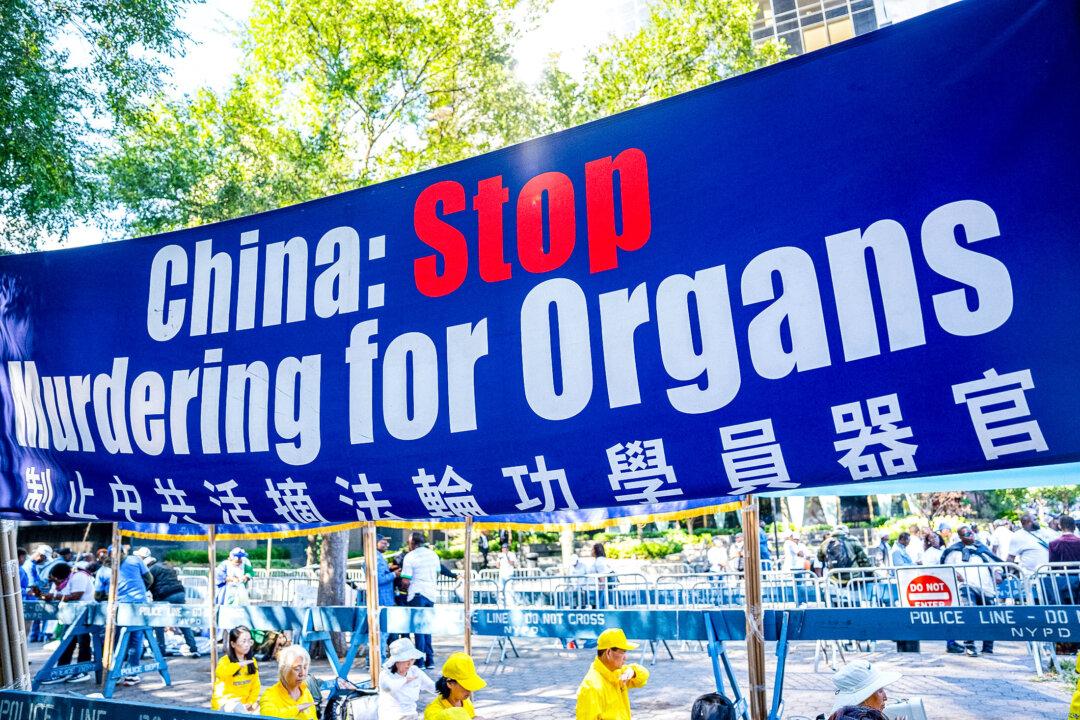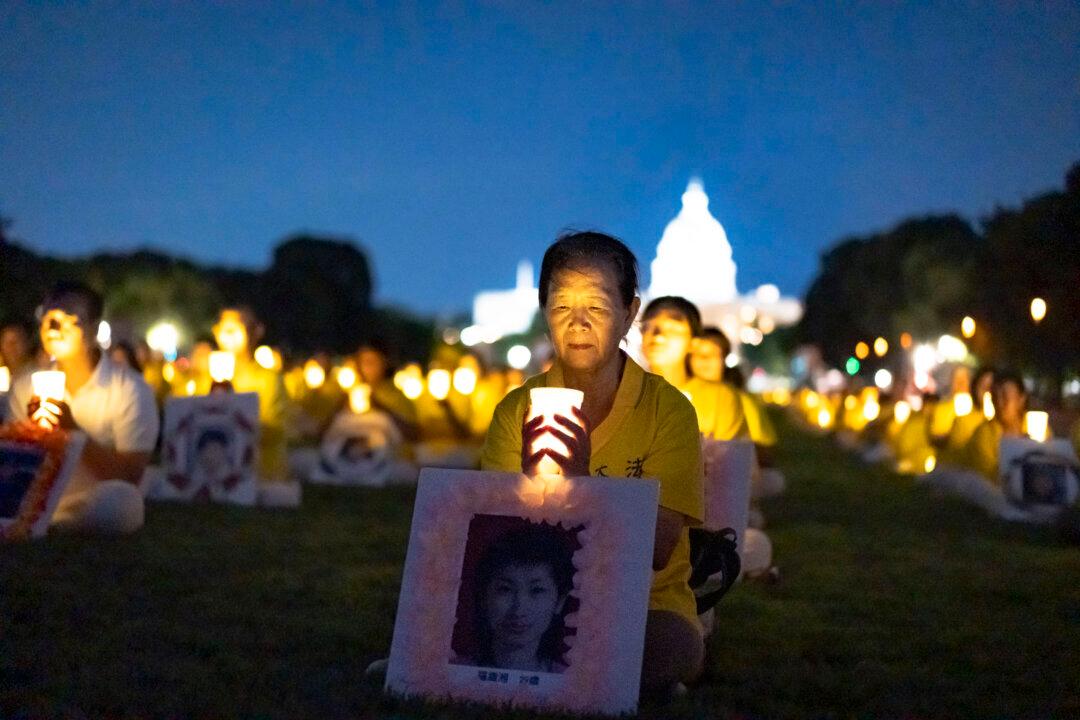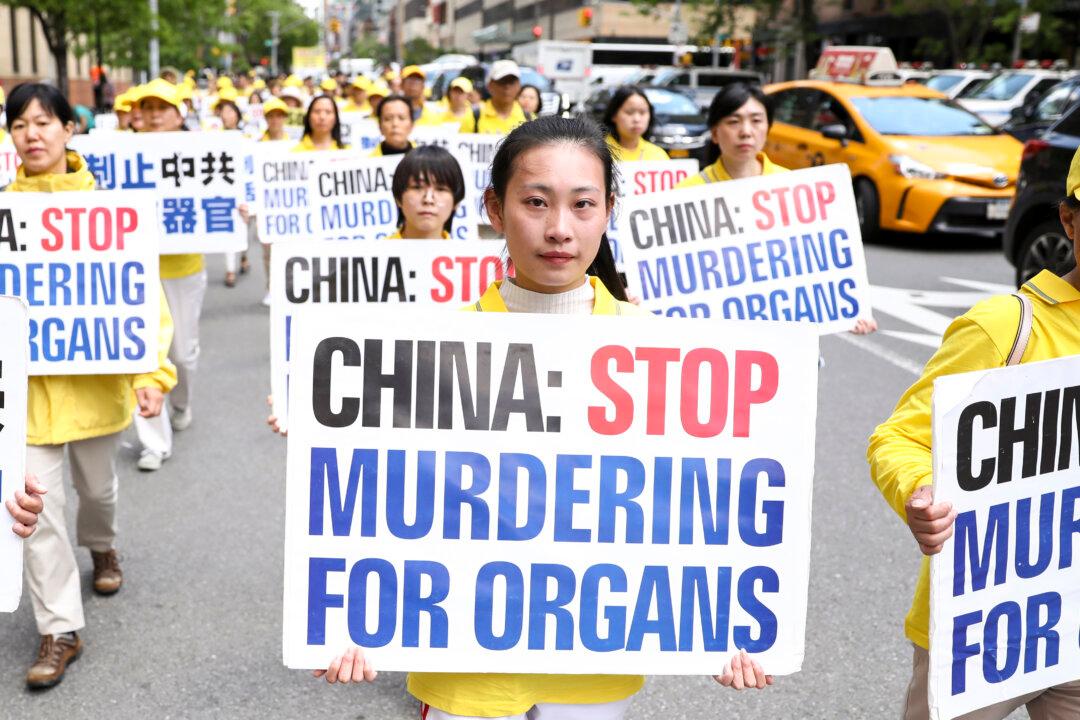The New York Times published a series of articles on Aug. 16 aimed at painting a misleading picture of Shen Yun Performing Arts, a classical Chinese dance and music performance company that is warmly received as it tours around the world each year.
In the articles, The New York Times quickly expanded to include the entire Falun Gong spiritual movement, reflecting not only the publication’s prejudice, but also its apparent attempt to instigate hatred.
While doing so, the authors downplay the severity of the 25-year-long persecution of the spiritual discipline in communist China, describing forced organ harvesting from living Falun Gong detainees in the Chinese prison system as merely a “claim.”
The New York Times appears to willfully ignore the mountain of evidence that has emerged since the news about this egregious medical abuse first broke in 2006.
At that time, witnesses and investigators delivered the first pieces of evidence. Fast forward to 2016, and the U.S. House of Representatives passed H.Res. 343, which condemned the regime’s practice of harvesting organs from living prisoners of conscience, primarily Falun Gong practitioners.
That same year, the European Parliament passed Written Declaration 48 to express a similar position. And in 2019, the independent China Tribunal, chaired by lead prosecutor Sir Geoffrey Nice KC, concluded that Falun Gong practitioners were the main victims of forced organ harvesting in China.
When, in 2016, one of The New York Times’ own reporters, Didi Kirsten Tatlow, sought to investigate and cover the killing of Falun Gong practitioners for their organs in China, the publication blocked her.
“It was my impression The New York Times, my employer at the time, was not pleased that I was pursuing these stories [on organ transplant abuses], and after initially tolerating my efforts, made it impossible for me to continue,” she said in testimony before the tribunal.
Aside from apparently restricting its own writers from talking about the atrocities, the NY Times appears to take issue with the fact that this persecuted group seeks to expose the crimes committed against it, saying that “attacking the Chinese government has been a dominant theme.”
What is wrong with the victims of a brutal persecution campaign speaking out about it?
In fact, Falun Gong practitioners understood the evil nature of the Chinese Communist Party (CCP) long before the West came to realize it. Furthermore, the list of those who oppose the CCP and its actions continues to grow—just ask the Taiwanese, Filipinos, Tibetans, Uyghurs, and House Christians in China, not to mention those governments that have come to realize that Beijing’s Belt and Road Initiative was a debt trap for their countries.
It is the growth and success of Shen Yun that appears to be a key reason for The New York Times’ ire.
In fact, can anyone name a performing arts group that performs for a live audience of a million people each year? A growing performing arts company, especially one that uplifts the spirit of its audiences, is something to be celebrated.
And what is wrong with teaching people about being truthful, compassionate, and tolerant, which are the core tenets of Falun Gong? I would say it is a good thing that, in a world of radical changes and chaotic developments, people find peace of mind and a sense of purpose in spiritual principles.
For reporters who are dismissive of religious concepts and the idea of holding fast to one’s beliefs, a little respect toward people of faith might be a good opportunity to practice more tolerance.
As the tens of millions of people who practice Falun Gong in China continue to be severely persecuted by the same regime responsible for the 1989 massacre of students in Tiananmen Square, as well as numerous other atrocities over the years, the first reaction by the international community should be sympathy and compassion—not chiming in with the CCP by writing defamatory articles.
If the totalitarian Chinese regime fails to stop a spiritual group like Falun Gong, then the free world should give a standing ovation to Falun Gong.
It is tradition in the United States to stand with persecuted people. It should also be a tradition for the news media to help persecuted people by writing fairly about their ordeals. It would be a small gesture of compassion to allow victims of a 25-year-long persecution campaign to be heard.
When will The New York Times invite Falun Gong practitioners to tell their story of this persecution?







